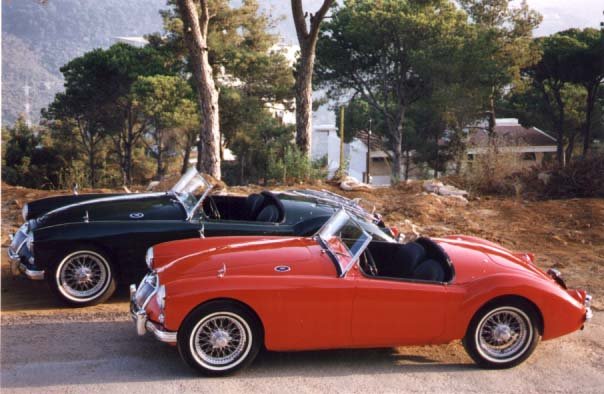While Horseless Carriage Club of
America officials say they have not yet totally cleaned up from the
aftereffects of the IRS rescinding the club’s 501(c)(3) non-profit
status, they are ready to move on from the ordeal with a renewed
focus as a club after more than two years of bureaucratic
maneuvering. In the months after the IRS declared that it would
revoke the HCCA’s 501(c)(3) non-profit status in May 2011 and
consider it a for-profit organization, many club members feared that
the loss of that status would effectively spell the end for the club.
Though the club, founded in 1937, had spent much of its existence as
a 501(c)(7) non-profit organization – as a social or recreational
club, according to the IRS tax code – it switched to 501(c)(3)
non-profit status in 2007, thus enabling donations to the club to
become tax deductible (and, the club hoped, resulting in more and
larger donations to the club). That change, however, also
necessitated that the club provide an educational aspect, and the
club had a difficult time proving that it had fulfilled that
obligation during a subsequent IRS audit. Richard Cutler, who served
as president of the HCCA in 2011 and has since sparred with the IRS
on the club’s behalf, wrote on the club’s website that he and
other club officials decided that the club wouldn’t just roll over
and die. They responded to the revocation with a formal appeal and in
the meantime came up with a fallback plan that included the formation
earlier this year of two spinoff organizations: the Horseless
Carriage Education Institution, a 501(c)(3) non-profit dedicated
exclusively to educating the public about horseless carriages and
early automotive history, and the Horseless Carriage Club
Association, a 501(c)(7) non-profit that would assume the club’s
ongoing social activities – its tours, meets, and conventions.
The former organization, with a board
of directors but no members, has since assumed about $26,000 of the
HCCA’s tax-deductible donations, while the latter organization may
not be needed after all.
Though the IRS has since denied the HCCA’s
appeal of the revocation, the HCCA pressed on with a plan to revert
the original club back to 501(c)(7) non-profit status, allowing it to
remain in existence and theoretically reducing the number of hassles
regarding the club’s lifetime members and other assets (and thus
making the newly formed Horseless Carriage Club Association
effectively redundant). “The IRS has been good at providing little
in the way of follow-up to questions as they relate to ‘what’s
next?’” Cutler wrote. “With the lack of these specifics, we are
moving forward with what we believe to be correct. Our goal is to
show good intentions reducing the possibility of any further action
by the IRS towards our organization. We will take silence as a
positive sign. It has been suggested by some that we continue to
fight the ruling. All evidence indicates that this will only result
in more expense with no change in status. It is time get this behind
us and move on.” The club has scheduled a number of tours and other
events for 2014, and Cutler wrote that the HCEI has begun to develop
relevant educational materials, as per its mission. For more
information, visit: www.hcca.org
photo credit: © 2013 hemmings.com
text credit: © 2013 Dan Stroh/hemmings.com

